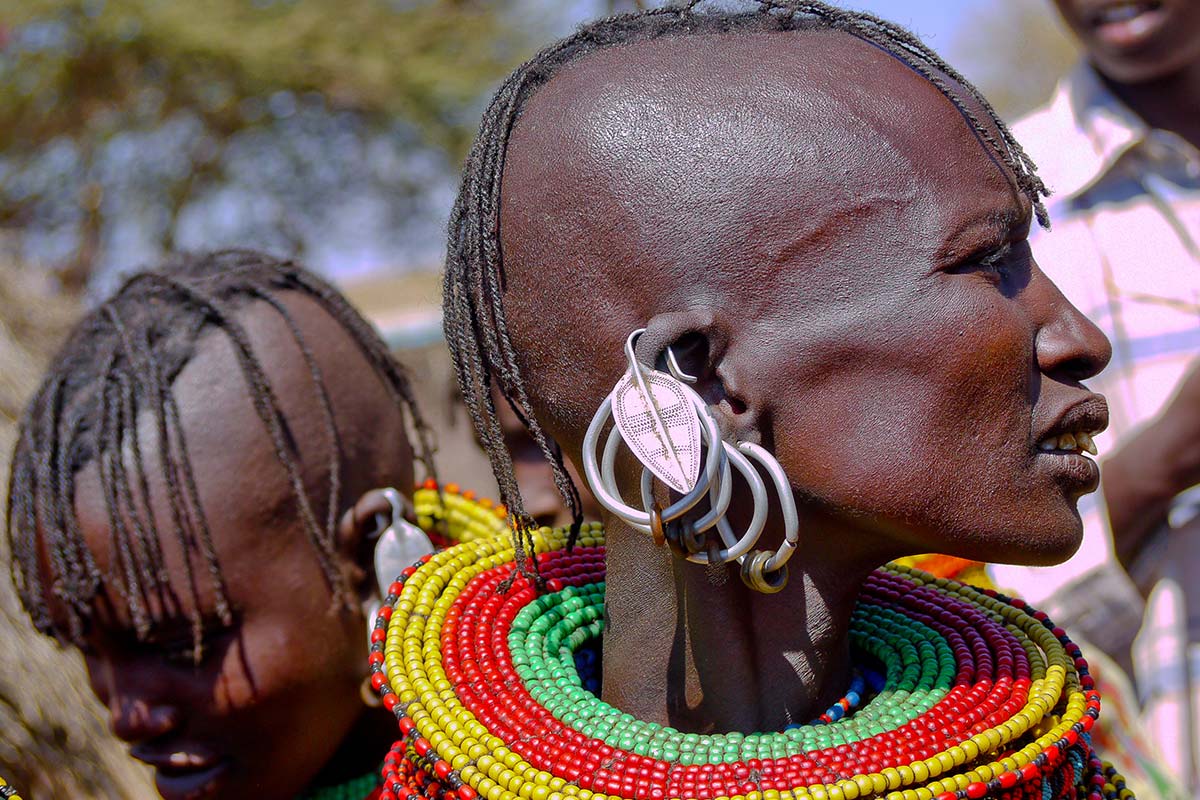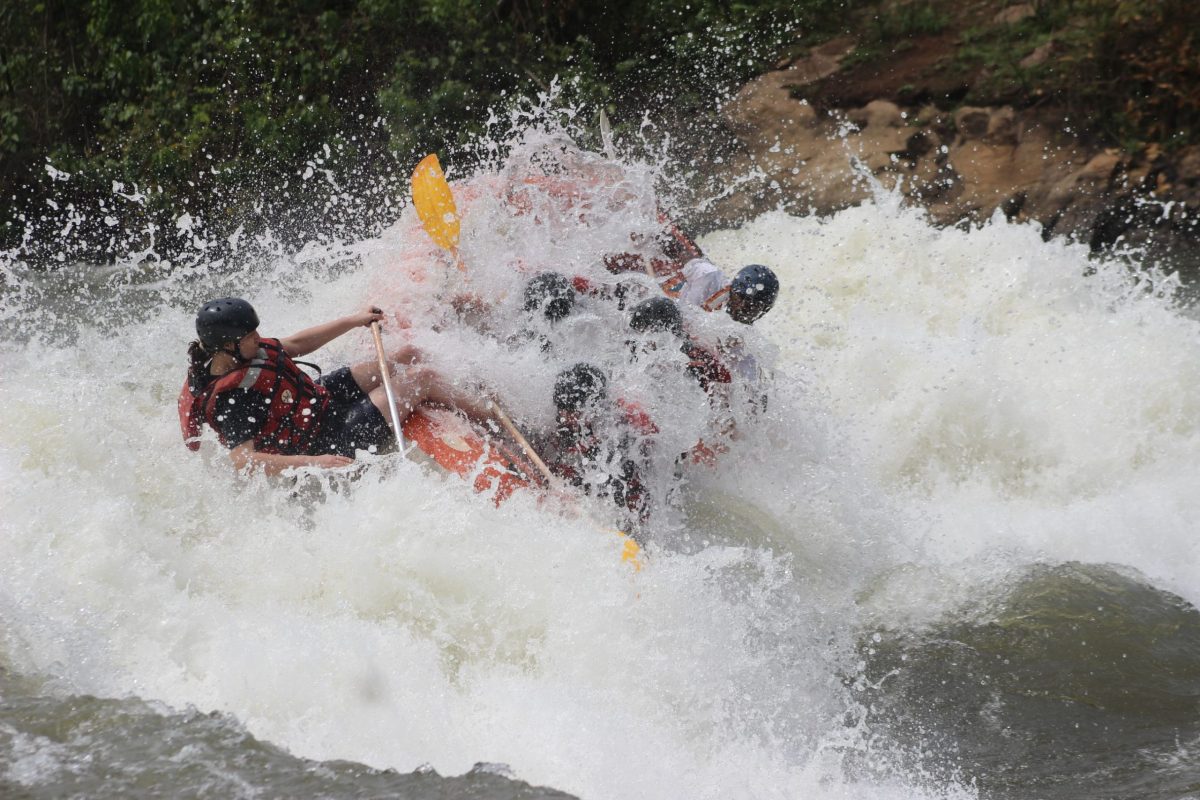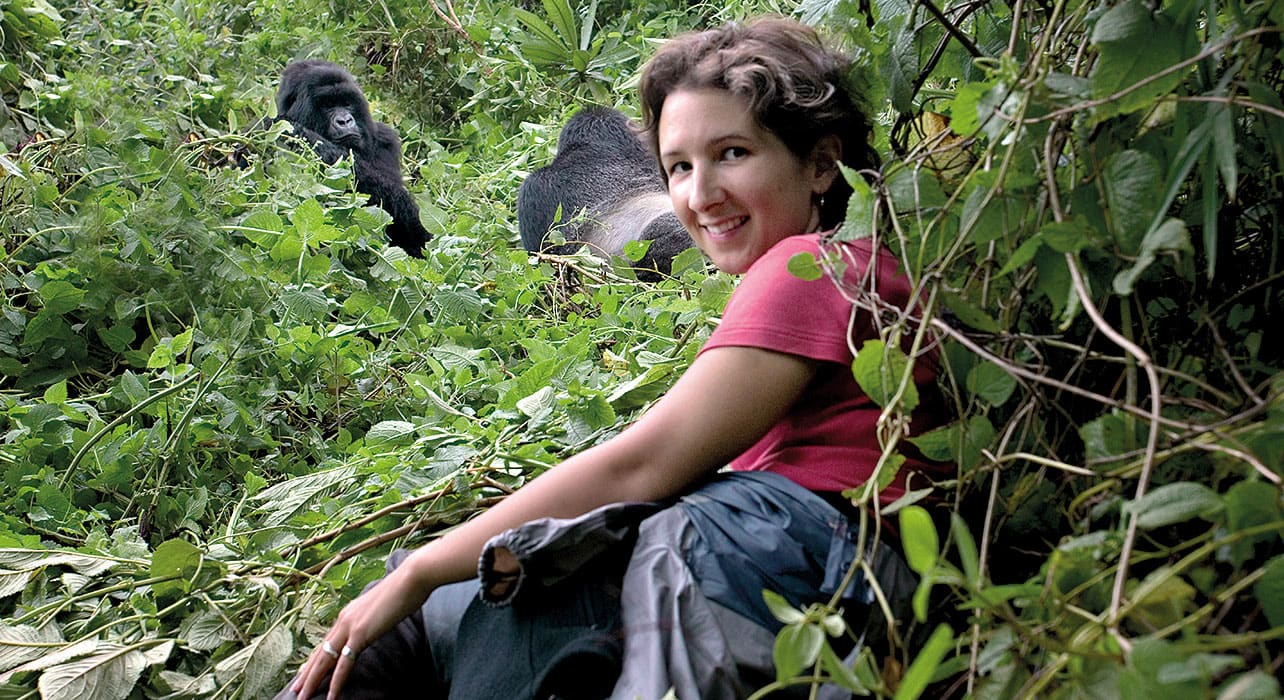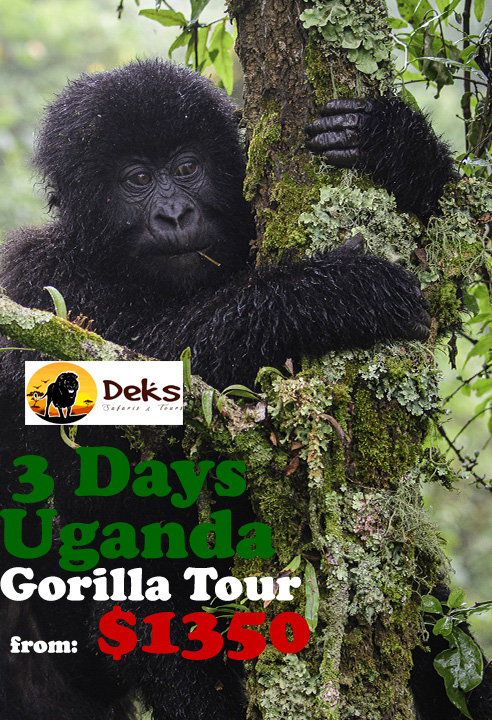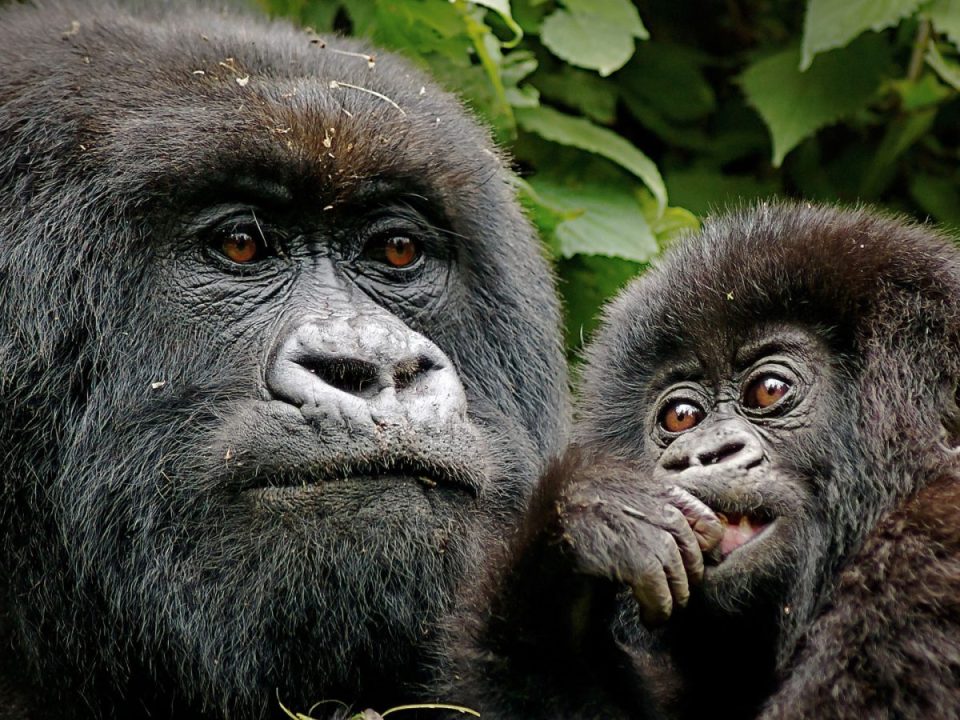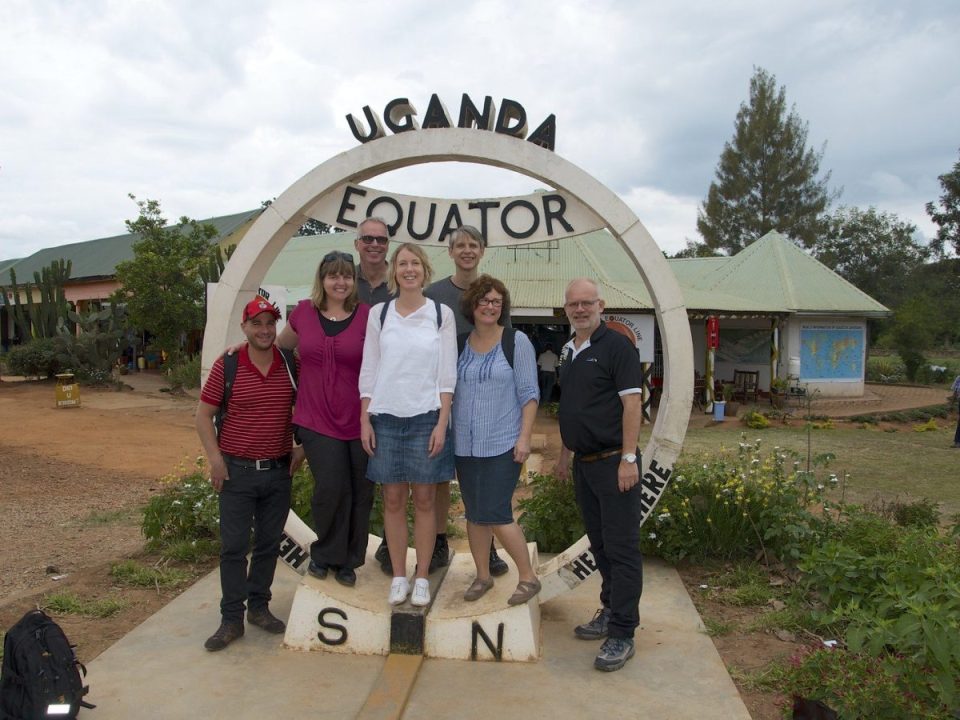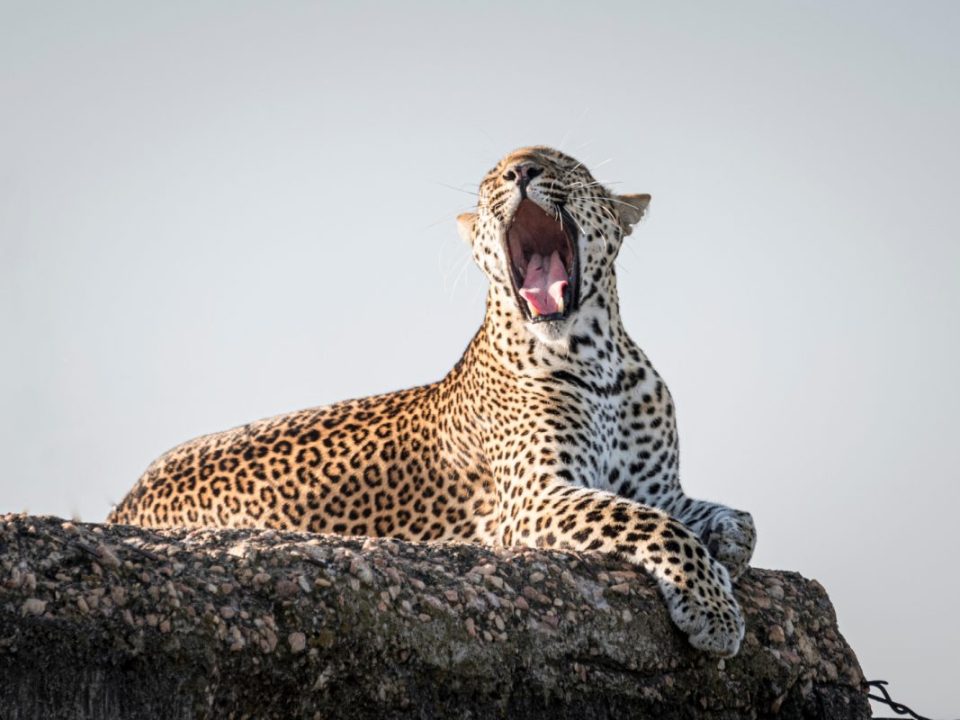Jinja City Tour Uganda
May 4, 2023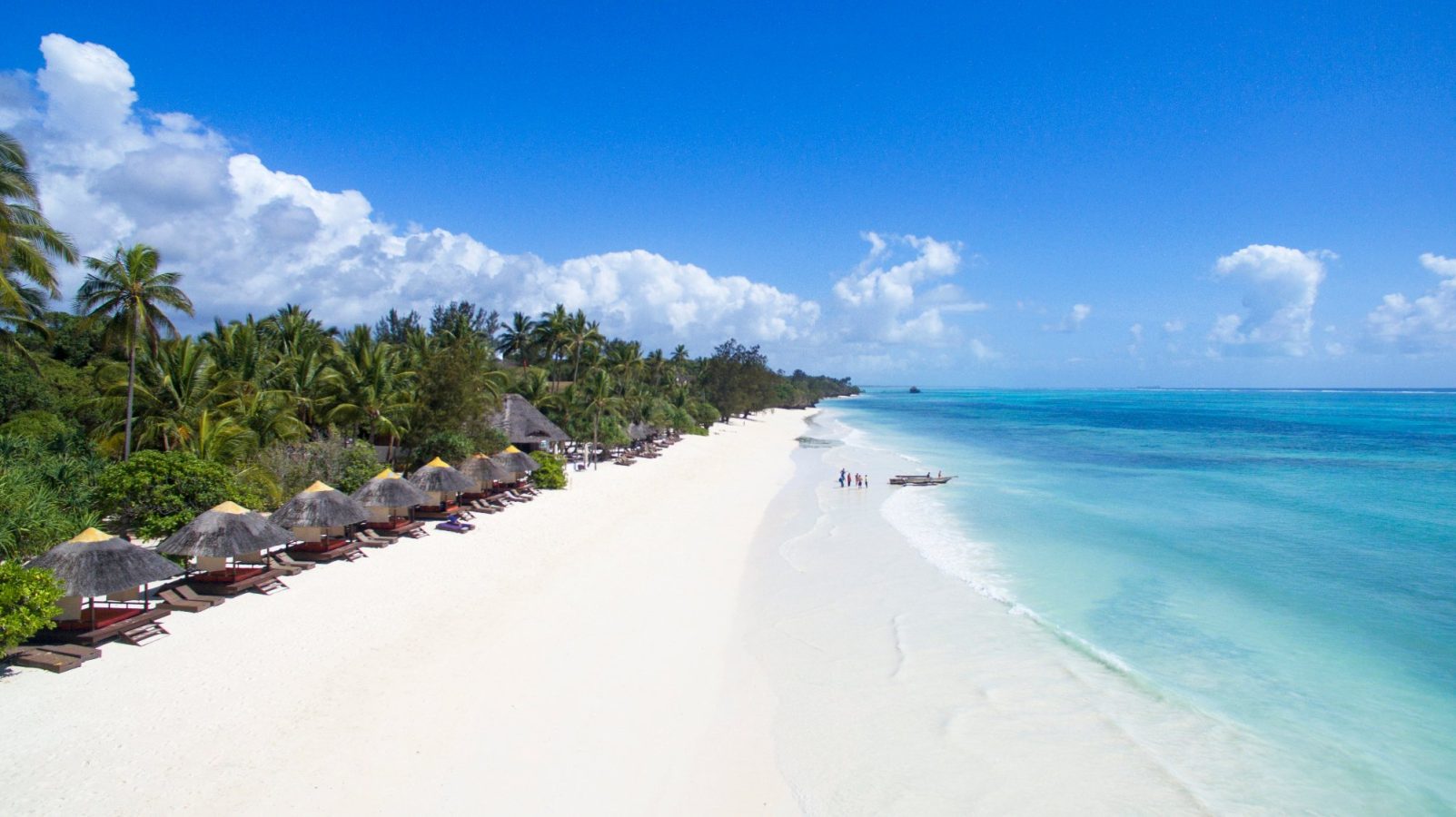
About Diani Beach. Kenya Beach Holidays
May 11, 2023What is Uganda Safari? Where to Safari in Uganda? What is the Price of a Safari to Uganda?
A Uganda safari refers to a wildlife adventure or excursion that takes place in Uganda, a landlocked country located in East Africa. Uganda is renowned for its rich biodiversity, diverse ecosystems, and abundance of wildlife, making it a popular destination for safari enthusiasts.
During a Uganda safari, visitors have the opportunity to explore Uganda’s national parks, reserves, and other protected areas to observe and appreciate its remarkable flora and fauna.
These are just a few examples of the national parks in Uganda that offer incredible safari experiences. Safaris can be conducted through various means, including guided game drives, walking safaris, boat safaris, and primate tracking. Visitors can witness wildlife in their natural habitats, appreciate the stunning landscapes, and learn about the conservation efforts in place to protect Uganda’s diverse ecosystem.
Uganda’s safaris provide a memorable and immersive experience, allowing visitors to connect with nature, observe incredible wildlife, and create lasting memories of their journey through the country’s remarkable natural wonders.
What is the Price for Uganda Safari Tours?
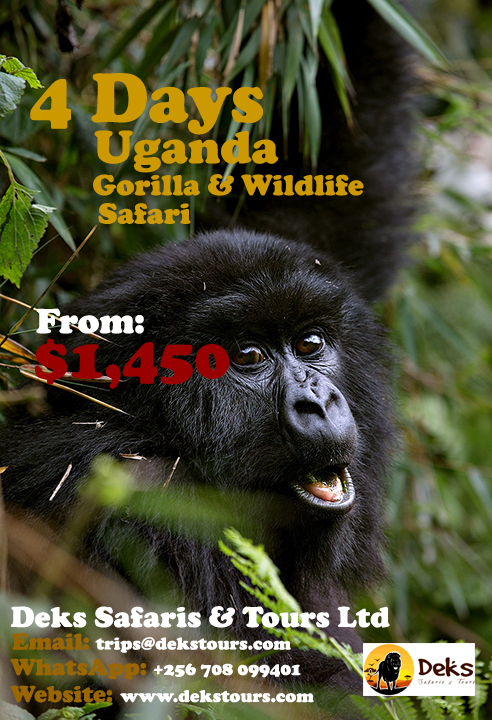 The price for Uganda safari tours can vary depending on several factors, including the duration of the safari, the level of luxury and accommodations, the number of participants, the activities included, and the tour operator or travel agency you choose.
The price for Uganda safari tours can vary depending on several factors, including the duration of the safari, the level of luxury and accommodations, the number of participants, the activities included, and the tour operator or travel agency you choose.
Uganda safari tours can range from budget-friendly options to luxury packages. On average, a mid-range safari package in Uganda can cost between $200 to $500 per person per day. This price usually includes accommodations, transportation, park fees, meals, and the services of a safari guide.
However, it’s important to note that gorilla trekking permits, which are required for those interested in seeing mountain gorillas in Bwindi Impenetrable National Park or Mgahinga Gorilla National Park, come at an additional cost. Gorilla permits in Uganda are currently priced at $700 per person for foreign non-residents, $600 for foreign residents, and UGX 250,000 for East African citizens. These permits are highly sought after, and it’s advisable to book them well in advance.
Luxury safari packages can cost upwards of $1,000 or more per person per day, offering high-end accommodations, exclusive experiences, and additional amenities.
It’s worth mentioning that the prices provided are estimates and can vary depending on the Deks Safaris & Tours Ltd – Uganda tour operator, the season (high or low season), and any customized requests you may have.
To get an accurate and up-to-date price for Uganda safari tours, it is recommended to reach out to various tour operators or travel agencies specializing in Uganda safaris. They can provide you with detailed itineraries and pricing based on your preferences and requirements. It’s always a good idea to compare prices and services offered by different operators to ensure you find the best value for your budget.
How to Choose the Best Uganda Safari Packages?
Choosing the best Uganda safari package requires careful consideration of several factors to ensure it aligns with your preferences, budget, and expectations. Here are some key steps to help you choose the right Uganda safari package:
Define your priorities
Determine your primary interests and preferences for the safari. Are you specifically interested in gorilla trekking, wildlife viewing, bird watching, cultural encounters, or a combination of these? Knowing your priorities will help you narrow down the options and focus on the packages that cater to your interests.
Set a budget
Determine how much you are willing to spend on your Uganda safari. This will help you filter out options that are outside your budget range and focus on packages that offer the best value for your money. Remember to consider additional costs like gorilla trekking permits, transportation, and any optional activities or upgrades.
Review itineraries
Once you have shortlisted a few tour operators, review the itineraries they offer for Uganda safaris. Pay attention to the duration, activities included accommodations, transportation, and any special inclusions. Ensure that the itinerary aligns with your preferences and offers the experiences you are looking for.
Check inclusions and exclusions
Carefully review what is included in the safari package. Does it cover accommodations, meals, park fees, transportation, and the services of a knowledgeable guide? Are there any additional costs or optional activities not included? Understanding the inclusions and exclusions will help you assess the overall value of the package.
Consider group size and travel style
Determine if you prefer a private safari or are comfortable travelling in a group. Some packages may offer small group tours, while others can be customized for private travel. Consider the advantages and disadvantages of each option and choose one that suits your preferences.
Seek recommendations and compare
Consult with friends, family, or fellow travellers who have been to Uganda or have experience with safari tours. Their recommendations and insights can be valuable in making an informed decision. Additionally, reach out to multiple tour operators, compare their offerings, and request detailed quotes to assess the value and suitability of each package.
Ask questions
Don’t hesitate to reach out to the tour operators with any questions or concerns you may have. Inquire about the guides’ qualifications, the condition of vehicles used for transportation, the quality of accommodations, and any other specific details you need to know. Clear communication with the tour operator will help you make an informed decision.
By following these steps, you can evaluate and choose the best Uganda safari package that meets your requirements, provides an enriching experience, and ensures a memorable journey through Uganda’s remarkable wildlife and landscapes.
Uganda Safari Cost in Low and High Seasons
The cost of Uganda safaris can vary between low and high seasons due to factors such as demand, availability, and weather conditions. Here’s a general overview of how the cost of Uganda safaris can differ between low and high seasons:
Low Season
The low season in Uganda typically occurs during the months of April, May, and November. During this period, prices for safari packages tend to be lower compared to the high season. The reasons for lower prices in the low season include reduced demand and the perception of less favourable weather conditions.
In the low season, you may find discounted rates on accommodations, safari packages, and transportation. Some Uganda tour operators and lodges offer special deals and promotions during this time to attract visitors. However, it’s important to note that certain lodges or camps might be closed or have limited availability during the low season.
High Season
The high season for Uganda safaris usually falls between the months of June to September and December to February. These periods coincide with drier weather, making it easier to navigate through national parks and spot wildlife.
During the high season, prices for safari packages tend to be higher compared to the low season. Increased demand, limited availability, and higher operational costs contribute to the higher prices. Accommodations, especially the popular ones, tend to get booked up quickly, so it’s advisable to plan and book in advance.
Gorilla permits, which are required for gorilla trekking, maintain the same price throughout the year regardless of the season. However, it’s important to note that securing gorilla permits can be more challenging during the high season due to higher demand.
It’s worth mentioning that the specific pricing variations between low and high seasons can vary among Uganda tour operators, lodges, and travel agencies. It’s recommended to reach out to different providers to get accurate and up-to-date pricing information for your desired travel dates.
Whether you choose to travel during the low or high season, both periods offer unique experiences and opportunities to explore Uganda’s incredible wildlife and natural beauty.
Where to Go on Uganda Safari Holidays?
Uganda offers a range of fantastic destinations for safari holidays, each with its own unique attractions and wildlife experiences.
Bwindi Impenetrable National Park
Known for its population of endangered mountain gorillas, Bwindi Impenetrable National Park is a must-visit destination for gorilla trekking. It provides an incredible opportunity to observe these gentle giants in their natural habitat.
Queen Elizabeth National Park
This diverse park is home to a wide variety of wildlife, including elephants, lions, buffaloes, hippos, and over 600 bird species. Visitors can enjoy game drives, boat safaris on the Kazinga Channel, and chimpanzee tracking in the nearby Kyambura Gorge.
Murchison Falls National Park
Situated along the Nile River, Murchison Falls National Park is known for its stunning waterfall and abundant wildlife. Visitors can take boat safaris to the base of the falls, enjoy game drives to spot animals like elephants and lions, and witness the park’s impressive birdlife.
Kibale National Park
Famous for its population of chimpanzees, Kibale National Park offers an incredible opportunity for chimpanzee trekking. The park is also home to 12 other primate species, making it a great destination for primate enthusiasts.
Kidepo Valley National Park
Located in the remote northeastern part of Uganda, Kidepo Valley National Park offers a unique and off-the-beaten-path safari experience. It boasts stunning landscapes, diverse wildlife including lions, giraffes, zebras, and ostriches, and an authentic wilderness feel.
Mgahinga Gorilla National Park
Another park renowned for its mountain gorillas, Mgahinga Gorilla National Park is located in the Virunga Mountains. In addition to gorilla trekking, visitors can also hike the volcanoes, go bird watching, and explore the cultural heritage of the Batwa pygmies.
Semuliki National Park
Known for its lush forest, hot springs, and unique bird species, Semuliki National Park offers a different experience compared to other parks in Uganda. Visitors can enjoy bird watching, nature walks, and cultural encounters with the local communities.
Uganda Safari Travel Guide
Sure! Here’s a Uganda safari travel guide to help you plan and prepare for your adventure
Best Time to Visit
Uganda can be visited year-round, but the dry seasons from June to September and December to February are generally considered the best times for safaris. During these periods, wildlife is more easily spotted, and the weather is generally pleasant. However, do note that Uganda’s climate can be unpredictable, and rain can occur even during the dry season.
Entry Requirements
Ensure you have a valid passport with at least six months of validity remaining. Most visitors to Uganda also require a visa, which can be obtained upon arrival at the airport or through an e-visa application prior to travel. Check the official Ugandan immigration website or consult with your local embassy for the most up-to-date visa requirements.
Health and Safety
Consult a travel health professional or your doctor to get advice on necessary vaccinations and medical precautions for Uganda. It’s recommended to have vaccinations for diseases such as yellow fever, typhoid, hepatitis A and B, and tetanus. Malaria is prevalent in Uganda, so taking anti-malarial medication and using mosquito repellents is essential. Additionally, travel insurance that covers medical emergencies and evacuation is highly recommended.
Wildlife Experiences
Uganda is renowned for its incredible wildlife experiences. Gorilla trekking in Bwindi Impenetrable National Park and Mgahinga Gorilla National Park is a must-do activity, but remember to secure your gorilla trekking permit in advance. Other activities include chimpanzee trekking, game drives to spot lions, elephants, and other wildlife, boat safaris on rivers and lakes, bird watching, and nature walks.
Cultural Encounters
Uganda is culturally diverse, and interacting with local communities can enrich your experience. Consider visiting cultural villages, such as those of the Batwa pygmies, to learn about their traditions, music, dance, and way of life. Respect local customs and traditions, and seek permission before taking photographs of people.
Packing Essentials
Pack lightweight and comfortable clothing suitable for both warm and cooler temperatures. Long-sleeved shirts and pants are recommended to protect against mosquitoes and the sun. Don’t forget essentials such as a hat, sunscreen, insect repellent, sturdy walking shoes, and a good pair of binoculars for wildlife viewing. It’s also wise to carry a basic medical kit and a reusable water bottle.
Respect Wildlife and Nature
When on safari, follow the guidance of your guides and rangers to ensure your safety and the preservation of the environment. Keep a respectful distance from wildlife, avoid making loud noises, and never feed or touch the animals. Follow the park regulations and guidelines to help conserve Uganda’s incredible natural heritage.
Local Etiquette
Respect the local culture and customs. Dress modestly, particularly when visiting religious sites or local communities. Greeting people with a handshake is customary, and it’s polite to ask for permission before taking photographs of individuals. Learn a few basic phrases in the local language, such as “hello” (Jambo) or “thank you” (Webale), to show your appreciation.
Travel with a Reputable Tour Operator
Consider booking your Uganda safari with a reputable tour operator or travel agency. They can assist with itinerary planning, transportation, accommodations, and permits, ensuring a smooth and well-organized safari experience. Read reviews, compare prices, and choose a trusted operator with experience in organizing safaris in Uganda.
Responsible Tourism
Practice responsible tourism by minimizing your impact on the environment and supporting local communities. Choose accommodations and tour operators that prioritize sustainable practices and contribute to conservation efforts. Respect wildlife, adhere to park rules, and avoid purchasing products.
Why Safari Kenya Tanzania Uganda with Deks Safaris & Tours Ltd
Deks Safaris & Tours Ltd is a tour operator that offers safari experiences in Kenya, Tanzania, and Uganda. They specialize in organizing wildlife safaris, cultural tours, and adventure expeditions in East Africa. Here are a few reasons why some travellers may choose to safari with Deks Safaris & Tours Ltd:
Experience and Expertise
Deks Safaris & Tours Ltd may have a team of experienced guides and staff who are knowledgeable about the destinations they operate in. Their expertise in organizing safaris in Kenya, Tanzania, and Uganda can ensure a well-planned and enjoyable experience for travellers.
Range of Safari Options
Deks Safaris & Tours Ltd may offer a variety of safari packages, catering to different interests, budgets, and durations. They may provide options for wildlife-focused safaris, cultural encounters, mountain treks, and other adventure activities. This allows travellers to choose the package that best suits their preferences.
Customization and Flexibility
Some tour operators, like Deks Safaris & Tours Ltd, may offer the flexibility to customize itineraries according to travellers’ specific needs and preferences. This can be beneficial for those who have specific wildlife sightings or activities in mind or who want to combine destinations across Kenya, Tanzania, and Uganda.
Local Connections and Support
Deks Safaris & Tours Ltd, as a local Uganda tour operator, may have established relationships with local communities, accommodations, and other service providers. This can allow for more immersive experiences and a deeper connection with the local culture and environment.
Responsible Tourism
Some tour operators, including Deks Safaris & Tours Ltd, may prioritize responsible tourism practices. They may emphasize sustainable travel, environmental conservation, and support for local communities. Choosing such a tour operator can ensure that your safari contributes positively to the destinations you visit.
It’s important to note that the quality and satisfaction of a safari experience can vary depending on individual preferences, expectations, and the specific tour package you choose. It’s always a good idea to research and read reviews from past customers, compare different Uganda tour operators, and contact them directly to inquire about their services, itineraries, and prices. This way, you can make an informed decision that aligns with your needs and desires for an unforgettable safari experience in East Africa.
 Why Safari Kenya Tanzania Uganda Rwanda?
Why Safari Kenya Tanzania Uganda Rwanda?
Safari experiences in Kenya, Tanzania, Uganda, and Rwanda offer a comprehensive exploration of East Africa’s diverse wildlife, stunning landscapes, and rich cultural heritage. Here are some reasons why travellers may choose to safari in all four countries:
Wildlife Diversity
Kenya, Tanzania, Uganda, and Rwanda are home to an incredible array of wildlife, including the iconic Big Five (elephant, rhino, lion, leopard, and buffalo). Each country offers unique opportunities to spot different species and witness various ecosystems. Combining all four destinations provides a more comprehensive wildlife experience.
Great Migration
The Great Migration, one of the world’s most remarkable wildlife spectacles, involves millions of wildebeest, zebras, and other herbivores migrating across the plains of Kenya and Tanzania in search of fresh grazing. A combined safari allows you to witness different stages of this epic event.
Primate Encounters
Uganda and Rwanda are renowned for their populations of endangered mountain gorillas. Trekking to observe these magnificent creatures in their natural habitat is an unforgettable experience. Additionally, chimpanzee trekking is possible in Uganda’s Kibale National Park and Tanzania’s Mahale Mountains National Park.
Scenic Beauty
Each country offers breathtaking landscapes and diverse ecosystems. From the vast savannahs and snow-capped mountains of Kenya and Tanzania to the dense rainforests of Uganda and the lush greenery of Rwanda, a combined safari allows you to witness a wide range of natural beauty.
Cultural Immersion
East Africa is rich in cultural heritage, and each country has its own unique traditions, tribes, and customs. Combining all four destinations provides an opportunity to engage with local communities, learn about different cultures, and witness traditional ceremonies and dances.
Accessibility and Connectivity
Kenya, Tanzania, Uganda, and Rwanda are relatively well-connected in terms of transportation infrastructure, making it easier to travel between the countries. This allows for seamless transitions and the ability to explore multiple destinations within a single trip.
Conservation and Ecotourism
Each country in East Africa has made significant efforts to protect its natural resources and promote sustainable tourism. By visiting and supporting all four countries, you contribute to their conservation efforts and help promote responsible and ethical tourism practices.
It’s worth noting that a combined safari to all four countries requires careful planning, as it involves multiple visas, travel logistics, and coordination between different tour operators or travel agencies. It’s advisable to work with a reputable tour operator specializing in East Africa to help plan and organize such an extensive safari itinerary.
A safari that encompasses Kenya, Tanzania, Uganda, and Rwanda offers a diverse and immersive experience, allowing you to witness the best of East Africa’s wildlife, landscapes, and cultures.

